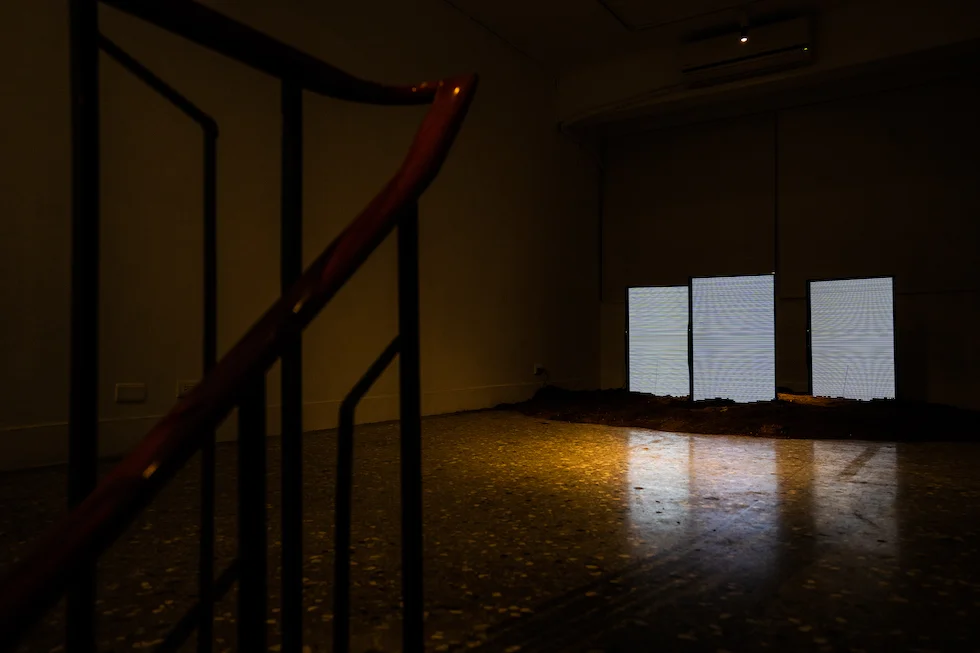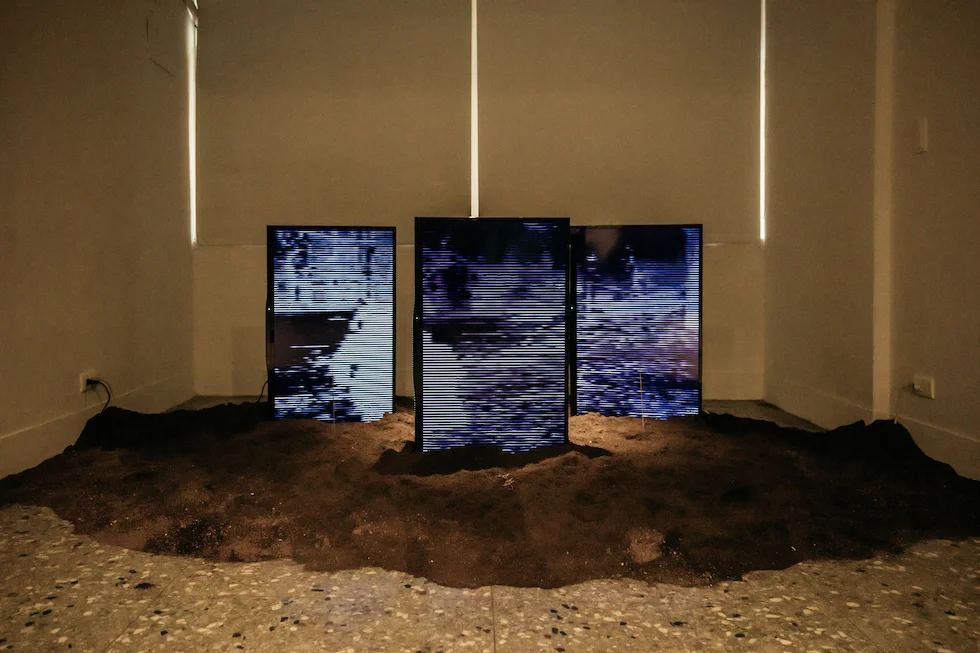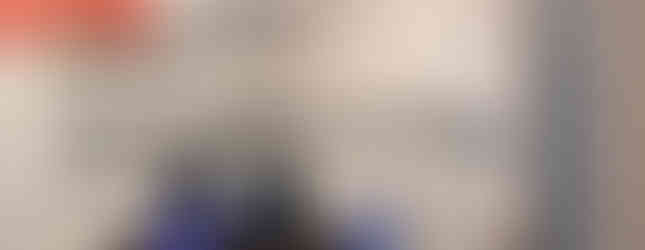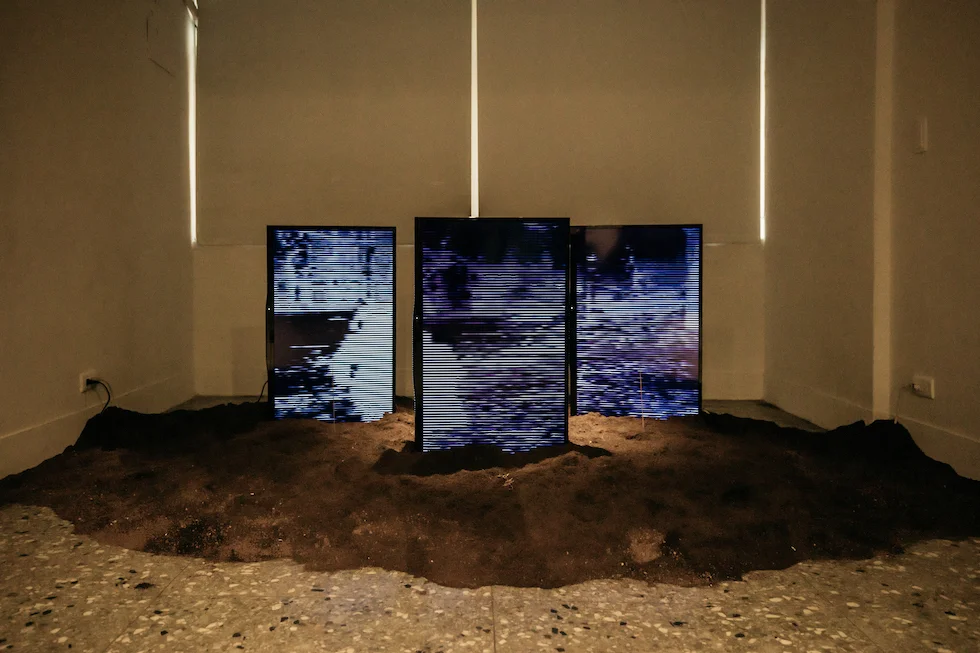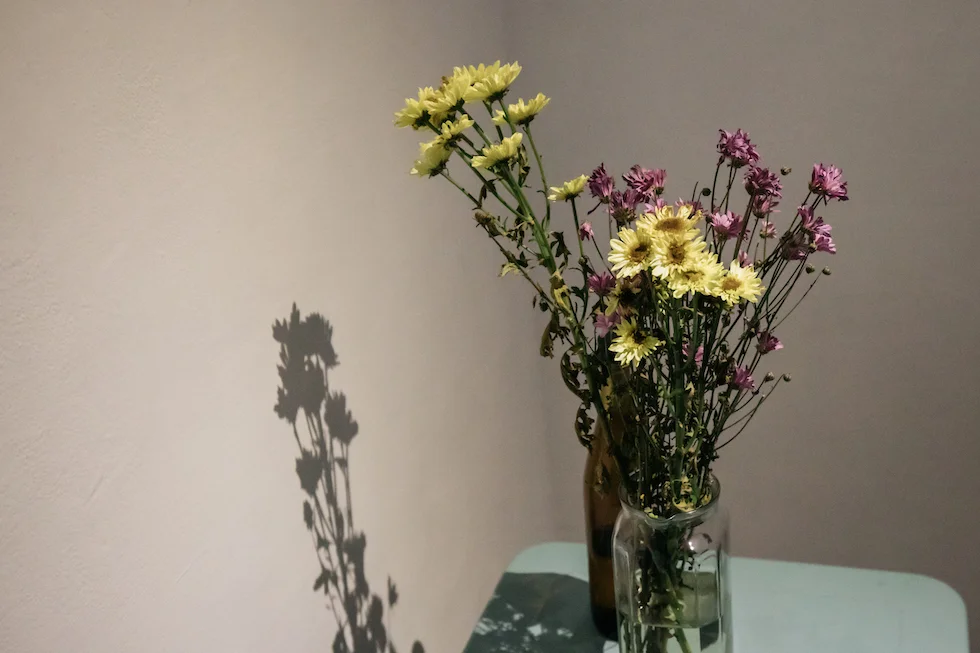Political Art Explores Intersectionality in Intergenerational Conflict, and Indigenous–Queer Voices.
Through engaging in politics and activism, Tzu Tung seeks to explore pressing questions surrounding identity, authorship, and the sociopolitical role of art.
They interrogate the meaning of culture and ask, “What is my culture?” while critically examining who the intended audience is, and who gets to create art—and who is permitted to do so. They reflect on the languages through which art communicates and whether art serves as a tool of modernization or, conversely, as an instrument of colonization.
Tzu Tung also questions the foundations of artistic legitimacy and representation, asking what defines an artist's authority. They place these inquiries within a broader geopolitical context, probing where Taiwan stands on the international art map and how art has evolved globally in the aftermath of World War II. Their work challenges the fixed roles of the artist, asking not only what roles an artist can take on, but also whether art can be genuinely useful.
They expand this investigation to include the responsibilities and power of art institutions, ultimately trying to answer overarching question: what can art do?
2018
#Ghostkeepers
The project invites individuals across the globe to share the underrepresented stories of people who passed away due to political violence. It then gathers a group of "Ghostkeepers" -- a group of writers from various corners of the world to create social media avatars of these “ghosts”, simulating the digital resurrection of their spirits. #Ghostkeepers intends to experiment with the process to foster cross-generational, cross-culture empathy.
2016
Writing The Time Lag
Participatory ethnography
The film is a conclusion of Tzu Tung's years of political experience in both Taiwan and America. The director taking herself as an object in the experiment, joined Taiwan’s legislation procedures, election campaigns, organized indigenous movements, gender movements, and a bilingual press. Under the cover of a political activist, she tries to observe the reason for the political fever and furthered her reflection on modernization and its effect on people’s life.
2016
Translation
Artist hand-made book, performance (20 mins)
In Translation, Tzu Tung invites audience to recite from a bilingual book they authored—one side in English, the other in Chinese. The performance reveals the emotional and epistemological dissonance between the two languages, exposing how culture becomes an object of the colonial gaze and how personal narratives are fractured by systems of translation.
























































